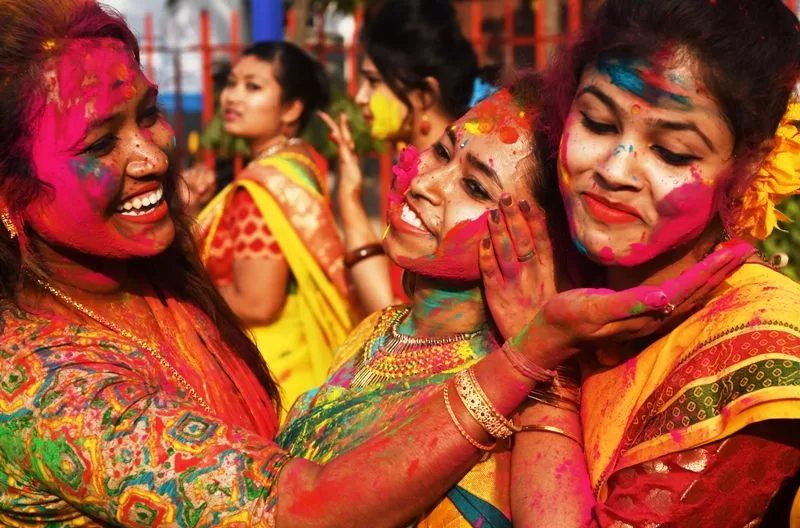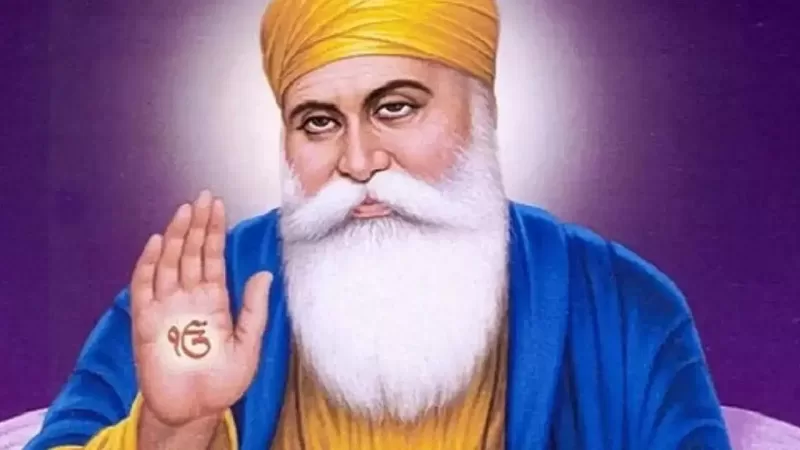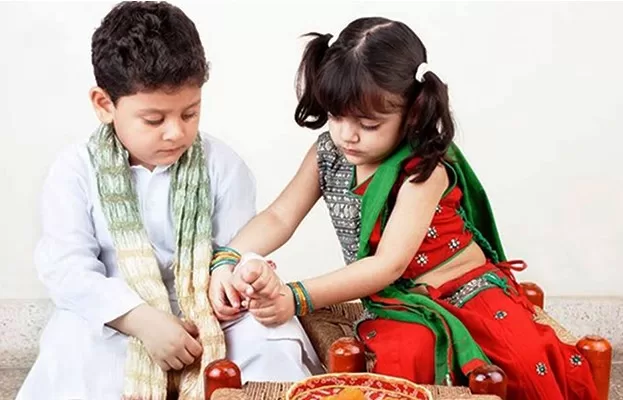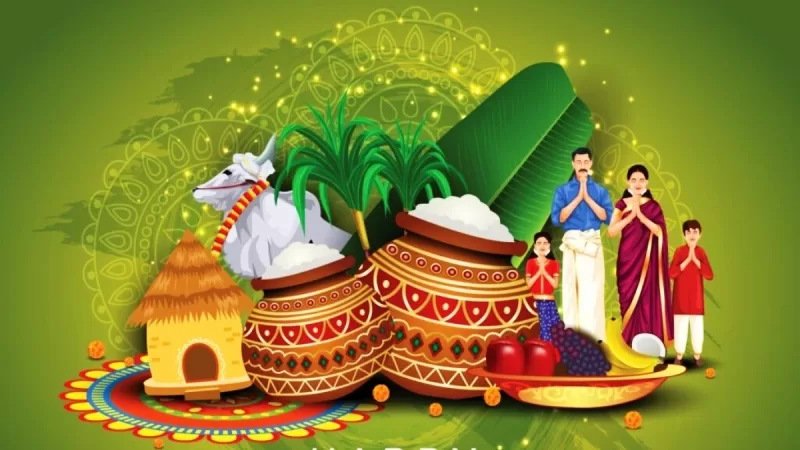
Holi – The Festival of Colors, Joy and Togetherness
Holi – The Festival of Colors, Joy and Togetherness
Holi, one of the most joyous and colorful festivals of India, is more than just throwing gulal (color powder). It’s a celebration of love, unity, laughter, and the triumph of good over evil. Known for its infectious energy, Holi brings people together, washing away differences in a cloud of colors.
When is Holi Celebrated?
Holi is celebrated on the full moon day (Purnima) of the Hindu month Phalguna, which usually falls in March. In 2025, Holi will be celebrated on March 13, with Holika Dahan (the bonfire ritual) taking place the night before.
The Mythological Roots of Holi
The festival is deeply rooted in Hindu mythology:
Holika Dahan commemorates the legend of Prahlad, a devotee of Lord Vishnu, who was saved from the fire while Holika (his evil aunt) perished, symbolizing the victory of devotion and goodness.
Holi is also associated with the divine love of Radha and Krishna, and is widely celebrated in the Braj region (Mathura, Vrindavan) with music, dance, and color.
How is Holi Celebrated?
1. Holika Dahan (Chhoti Holi)
On the eve of Holi, bonfires are lit to symbolize the burning away of negativity and evil. Families gather to perform rituals, sing, and pray.
2. Rangwali Holi (Main Day)
The next day is all about fun, color, and celebration:
People apply dry and wet colors (gulal, abeer) on each other.
Water balloons and pichkaris (water guns) fill the air with playful splashes.
Traditional songs and dhol beats fuel the festive spirit.
Streets turn into colorful playgrounds, with people dancing and enjoying with complete strangers as friends.
3. Feasting
Delicious food is a big part of Holi. Special treats include:
Gujiya (sweet dumplings filled with khoya)
Thandai (a spiced, cold milk drink, often infused with bhang in some regions)
Dahi bhalla, pakoras, and other savory snacks
Regional Variations of Holi
Lathmar Holi (Barsana) – Women playfully beat men with sticks, recreating Radha-Krishna legends.
Phoolon ki Holi (Vrindavan) – Celebrated with flowers instead of colors.
Royal Holi (Rajasthan) – Celebrated with grandeur in palaces and forts.
Shigmo (Goa) – A blend of Holi and spring celebrations with traditional folk dances.
Holi Across the World
Thanks to the Indian diaspora, Holi is celebrated globally in countries like:
USA, UK, Canada, Australia
Mauritius, Nepal, Fiji, and Trinidad
Many universities and cities even organize “Color Runs” and public Holi fests with music, dancing, and safe colors.
Celebrating a Safe & Eco-Friendly Holi
To keep the spirit of Holi alive without harming nature or health:
Use natural or organic colors
Avoid wasting water
Be mindful of animals and elderly people
Respect consent when playing with colors
More Than Just Colors
Holi is about letting go of past grudges, embracing joy, and celebrating life in its most vivid form. It’s the one day where barriers of age, gender, class, and religion blur—just like the colors on your skin.
Wishing You a Colorful, Safe & Happy Holi!
Let this Holi bring new hope, vibrant energy, and colorful memories into your life. Forget the blues—just add more reds, greens, yellows, and pinks!










